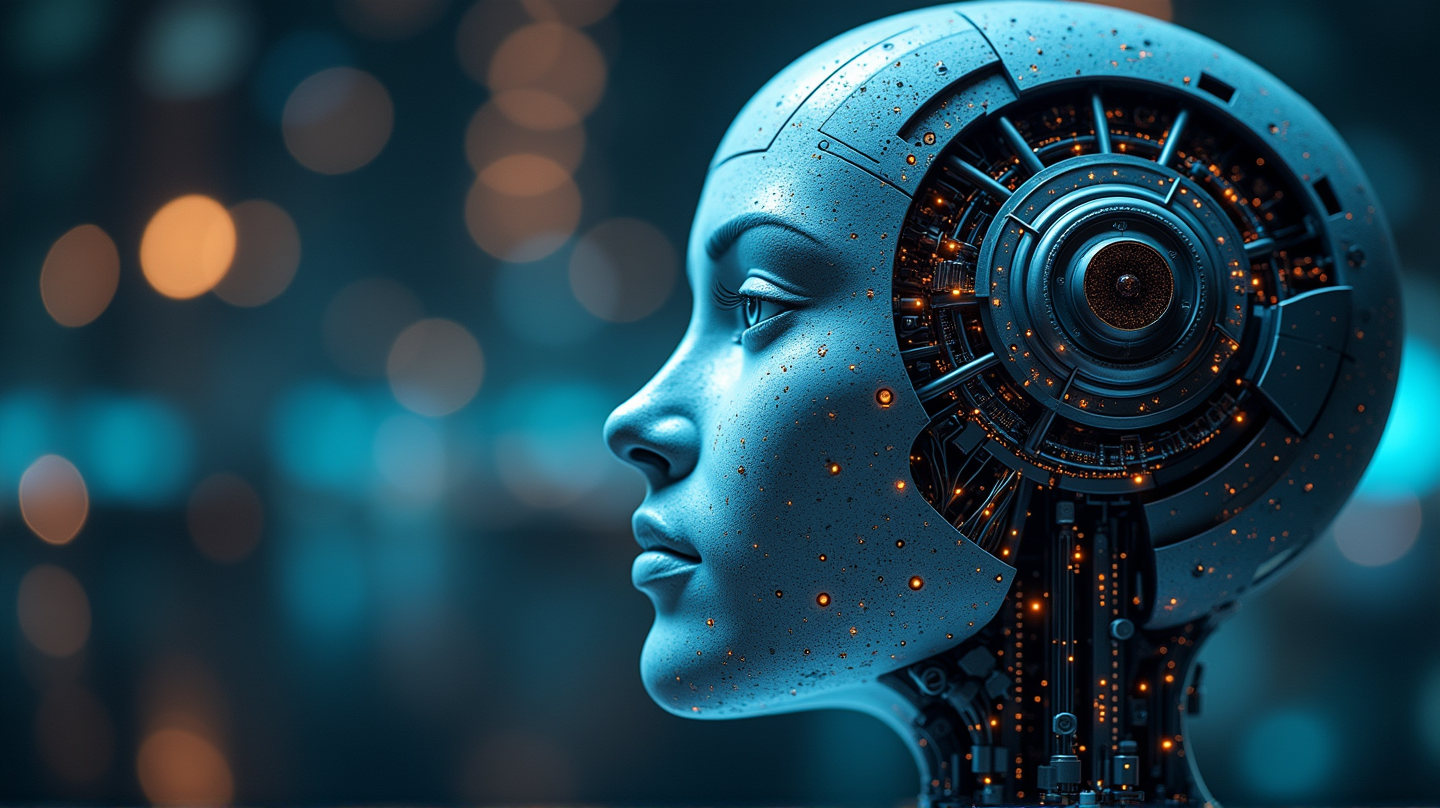A Year of Uncertainty
In an unprecedented move, the tech industry finds itself at a crossroads in 2025, as over 62,000 employees face job cuts across 137 companies, with industry giants like Microsoft leading the wave. This digitized bloodletting raises a pressing question: is artificial intelligence (AI) the modern-day scythe reshaping job roles within the tech landscape?
Microsoft’s Strategic Maneuver
According to sources close to the inner workings of Microsoft, the tech titan has embarked on a substantial restructure. On the heels of slashing 6,000 roles earlier, Microsoft trimmed another 300 positions. This restructuring aligns with their $80 billion investment in AI infrastructure this fiscal year. Though departments hit hardest remain undisclosed, the tech community speculates that former software engineers and project managers carry the brunt of the layoffs.
CEO Satya Nadella points to a shift in technological priorities rather than performance-based reasons for the layoffs. “This was not about people failing. It was about repositioning for what comes next,” Nadella reassured employees in a recent town hall.
Industry-Wide Concern
Not just limited to Microsoft, a cloud of concern looms across various tech giants including Google, Amazon, and Meta. As they venture deeper into AI applications, the once indispensable tech roles undergo a rapid transformation. Industry professionals like Rachit M., recognized AI platform builder, underscore this sentiment by suggesting adaptation as the new mantra: “The question isn’t whether AI will take your job. The question is: how will your role transform as AI becomes integrated into your industry?”
The Impact of AI on Hiring Trends
The transformational power of AI resonates throughout the hiring landscape, presenting a complex picture for traditional tech roles. Experts warn against complacency, stressing the necessity of continuous upskilling and AI fluency to stay relevant. Priyanshi Goyal, a digital marketing strategist, aptly encapsulates the industry shift: “These layoffs reflect a broader industry trend, where adaptability, continuous upskilling, and AI fluency are no longer optional.”
Numbers Tell the Tale
Examining the numbers reveals a stark reality—notably in India, where the Naukri JobSpeak Report for May 2025 registers a 5% decline in hiring across the IT-Software/Software Services sector from the previous year. This chill in hiring momentum illustrates the industry’s cautious approach amidst restructuring and AI-driven changes.
The Future of Human Roles
The era of flat organizational hierarchies and AI-assisted efficiency raises provocative discussions about the future of human roles in tech. As highlighted by a report, AI now contributes to writing up to 30% of code across projects, an efficiency gain that results in reduced coding job opportunities.
As the tech world marches fervently towards AI assimilation, the reverberations are clear. The conversation pivots not just around job losses but towards the potential and necessity of proactive change management in safeguarding the future of the workforce. As stated in Republic World, the narrative of 2025 isn’t an end, but a beginning—one that challenges both industries and individuals to rethink, regroup, and redefine their place in an AI-driven world.
